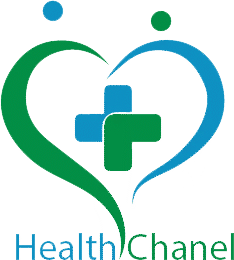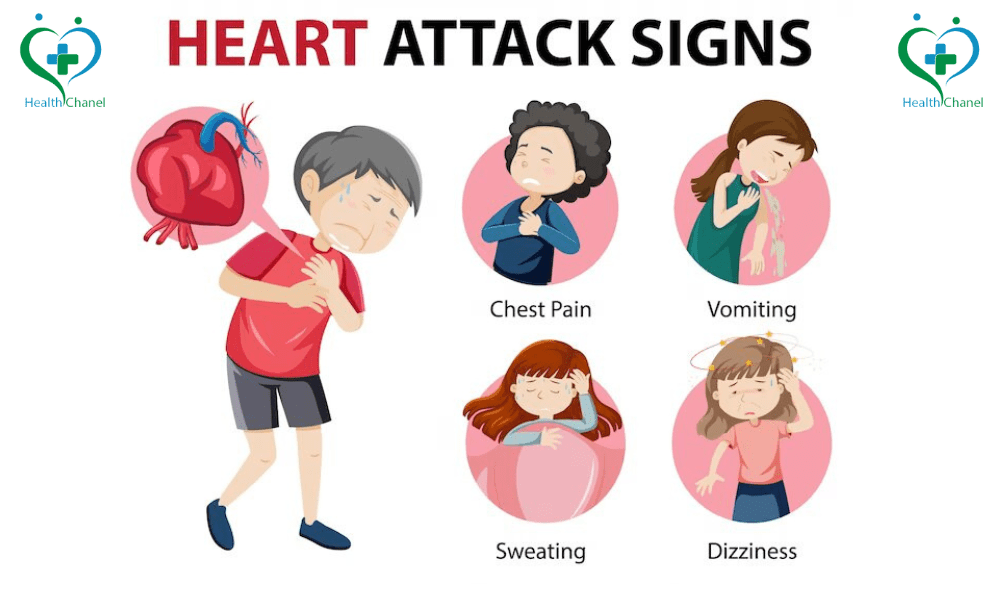Heart disease is the leading cause of death among women, yet many don’t recognize the warning signs of a heart attack. Unlike men, women often experience symptoms that are subtle, unusual, or mistaken for other conditions. Early detection is crucial, and knowing what to look for could save lives. This article will help you identify women’s symptoms of heart attack, distinguish between a heart attack and anxiety, and take proactive steps for better heart health.
Common Symptoms of a Heart Attack in Women
Heart attacks don’t always come with intense chest pain. In fact, many women experience atypical heart attack symptoms that can be easily overlooked. Here’s what to watch for:
- Chest discomfort – This may feel like pressure, fullness, or squeezing rather than sharp pain.
- Shortness of breath – Often occurs without chest pain and may happen while resting or with minimal exertion.
- Unusual fatigue – Feeling extremely tired even after simple activities.
- Pain in the neck, jaw, back, or shoulders – Often mistaken for muscle strain.
- Nausea or dizziness – Sometimes accompanied by cold sweats.
- Indigestion or stomach pain – May be confused with acid reflux.
These heart attack indicators in females can develop gradually or come on suddenly. If you notice any of them, seek medical attention immediately.

Silent Heart Attack Signs in Women
A silent heart attack happens with little to no noticeable symptoms, making it especially dangerous. Some subtle signs include:
- Mild discomfort that comes and goes.
- Unexplained fatigue that lasts for days.
- Feeling lightheaded or faint without an obvious reason.
- Discomfort in the upper body, such as the arms or jaw, without chest pain.
Because these silent heart attack signs in women can be mistaken for everyday ailments, regular check-ups and heart screenings are vital.
Heart Attack vs. Anxiety in Women
Many women experiencing a heart attack mistake it for anxiety or a panic attack. Here’s how to tell the difference:
| Heart Attack | Anxiety Attack |
|---|---|
| Chest discomfort with pressure | Sharp, fleeting chest pain |
| Shortness of breath with exertion | Hyperventilation without exertion |
| Nausea, dizziness, or sweating | Feeling shaky but no nausea |
| Symptoms worsen over time | Symptoms peak and subside quickly |
If you’re unsure, always seek medical help. It’s better to get checked out than to ignore potential warning signs.
Heart Health Tips for Women
Prevention is key! Here are some practical heart health tips for women to reduce the risk of heart disease:
- Eat a heart-friendly diet – Focus on whole foods, lean proteins, and healthy fats.
- Stay active – Aim for at least 30 minutes of exercise most days.
- Manage stress – Practice mindfulness, yoga, or deep breathing.
- Monitor your numbers – Keep an eye on blood pressure, cholesterol, and blood sugar levels.
- Quit smoking and limit alcohol – These can significantly increase heart disease risk.
- Listen to your body – Don’t ignore unusual symptoms, even if they seem minor.
Conclusion
Recognizing the early signs of a heart attack in women can be life-saving. Because symptoms can be different from those in men, it’s essential to be aware of atypical heart attack symptoms in women and take any warning signs seriously. If you ever feel “off” or suspect something isn’t right, trust your instincts and seek medical help. Your heart health is worth prioritizing!

